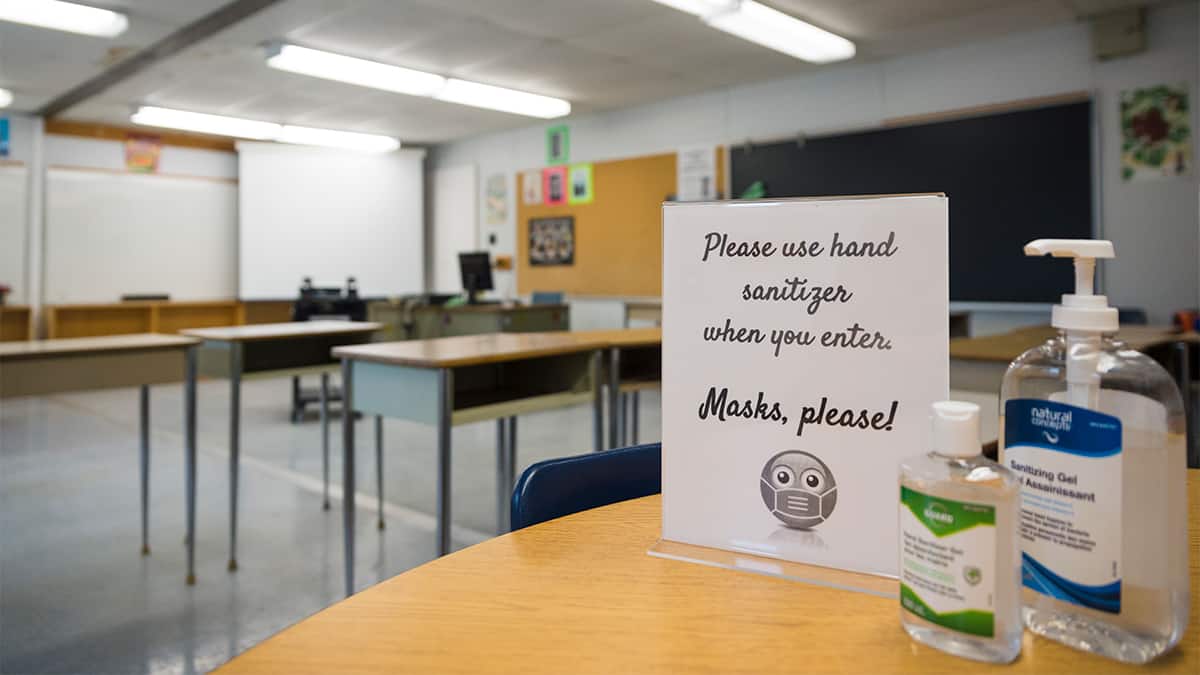Reduced Grand River Transit fares for seniors and students will end July 1, replaced by a new subsidy based on income rather than age.
The affordable transit program (ATP) replaces existing discounts in order to provide fare reductions to a wider range of low-income residents. The new program cuts almost in half (48 per cent) fares paid by eligible transit users.
The changes were made after a lengthy evaluation, study and consultation with the community, says Peter Zinck, director of transit services for the Region of Waterloo.
The low-income transit program was first proposed in September of 2019, but full changes were put on hold due to the pandemic. Now, the program will come into effect next month, he said.
The new system comes as ridership remains low, although slightly higher than a year ago, when daily numbers fell to about 30 per cent of normal levels, or 28,000. This year, daily ridership has edged up slightly to 30,000, said Zinck, noting that route 21 to Elmira saw a slightly smaller drop in ridership, to about 40 per cent of pre-pandemic levels.
Given the ongoing restrictions related to COVID-19, the impact of the fare changes might take a while to be seen.
Under the new arrangement, a standard monthly ridership pass for an adult priced at $90 will fall to $46.80 under the ATP. Single fares under the stored value payment option, priced at $2.86m, will be reduced to $1.49, down by 48 per cent as well.
ATP replaces the transit for reduced income program (TRIP), but will not be replacing TAPP, the Ontario Works Transit Affordability Pass Program, which applies to attendees of St. Louis School progressing towards a high school diploma, those working towards their GED, and those enrolled in an Ontario Works/Employment Ontario program.
To qualify for the ATP, people must be 18 years or above, live in the region, not be enrolled full-time in post-secondary institution and have an income that falls below various thresholds. The household income limit before taxes is $18,900 or less for a one-person household, $26,460 or less for a two-person residence, $34,020 for a three-person residence, $37,800 for a four-person residence, and $41,580 or less for a five-person household.
Some people who previously received a rate reduction may no longer qualify for subsidies, Zinck noted.
“Despite all the benefits with having an affordable transit program more broadly available, some residents would not meet those criteria for being eligible in the affordable transit program, it could be seeing an increase in their fare because of this change. That’s one of the impacts of this, but this is a more equitable, means-based discount program than age-based. I think council’s direction is to make the discounts available to those that need it,” he said.
Additional information can be found online. Questions about eligibility criteria can also be answered by phone at 519-883-2100, ext 103.
Seniors and students can continue to use their existing EasyGO fare cards and do not need to replace them. MobilityPLUS customers who have reduced tickets can continue to use them until December 31.









